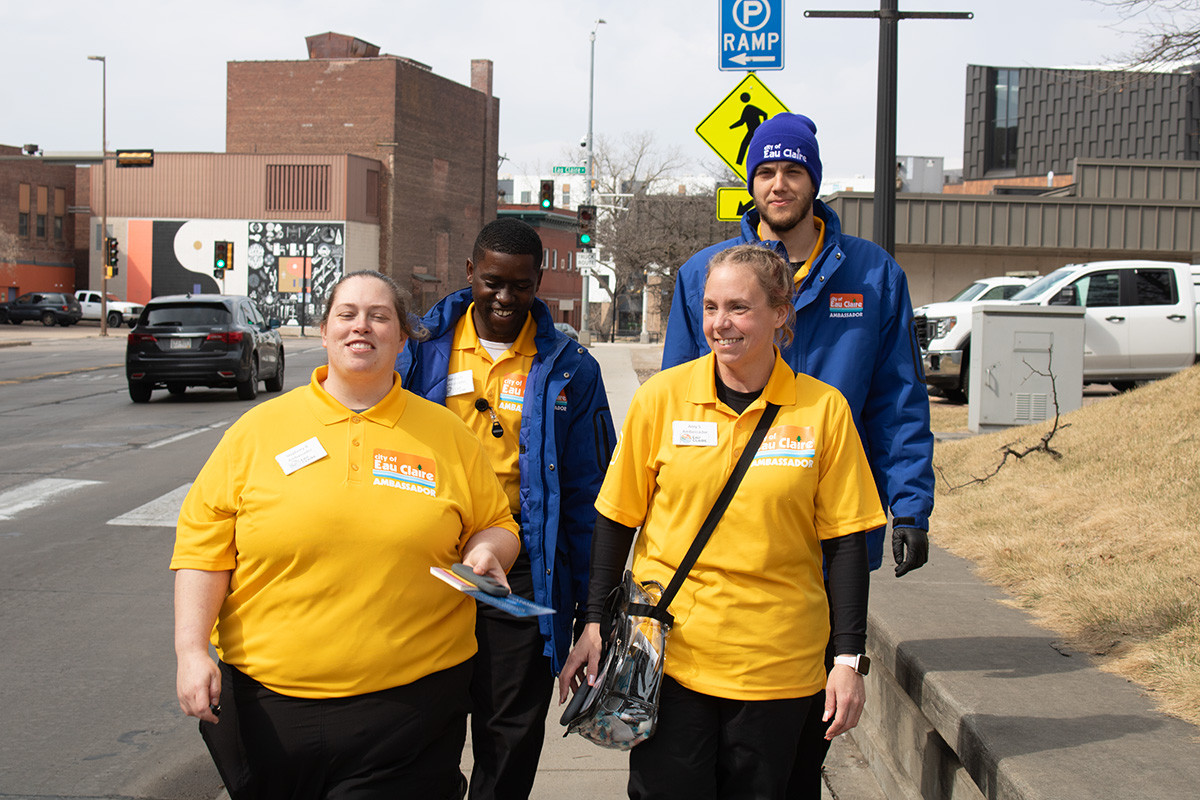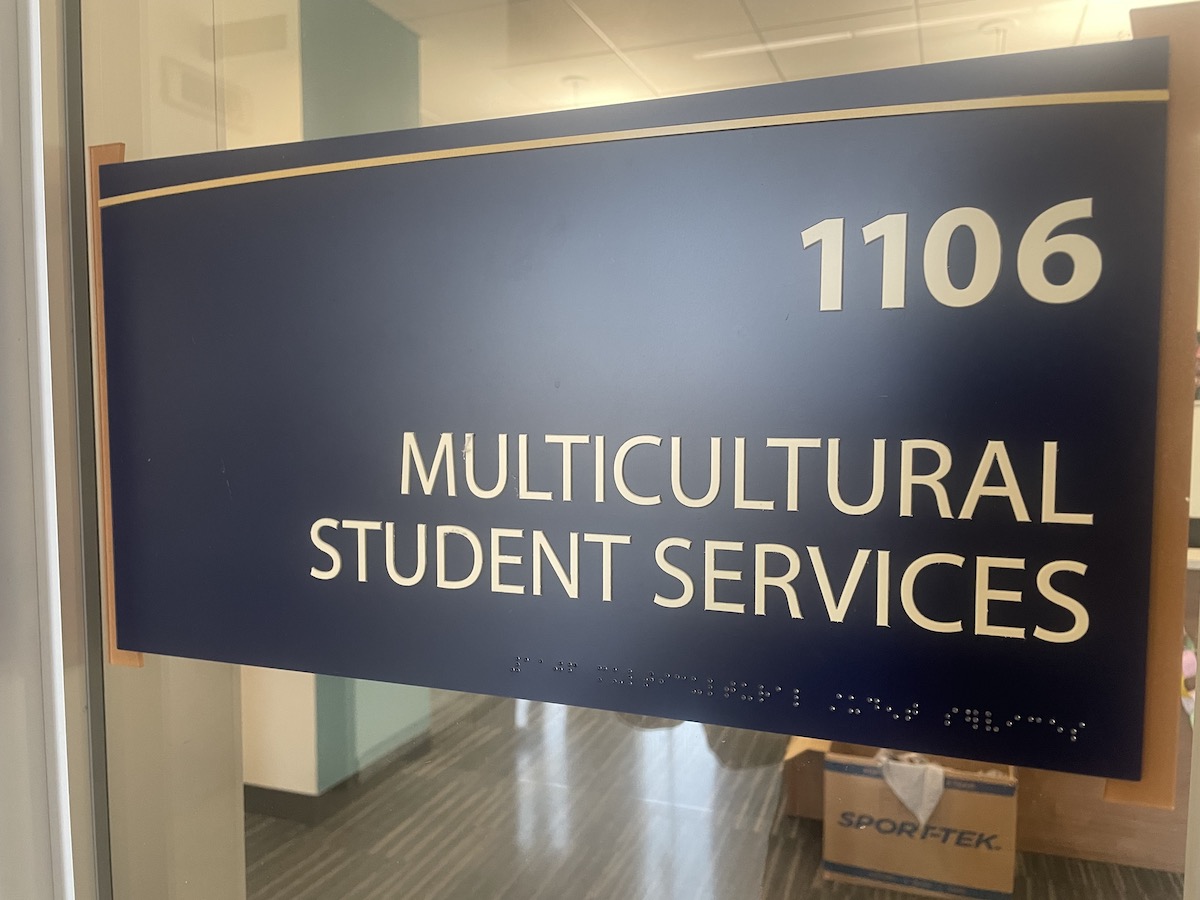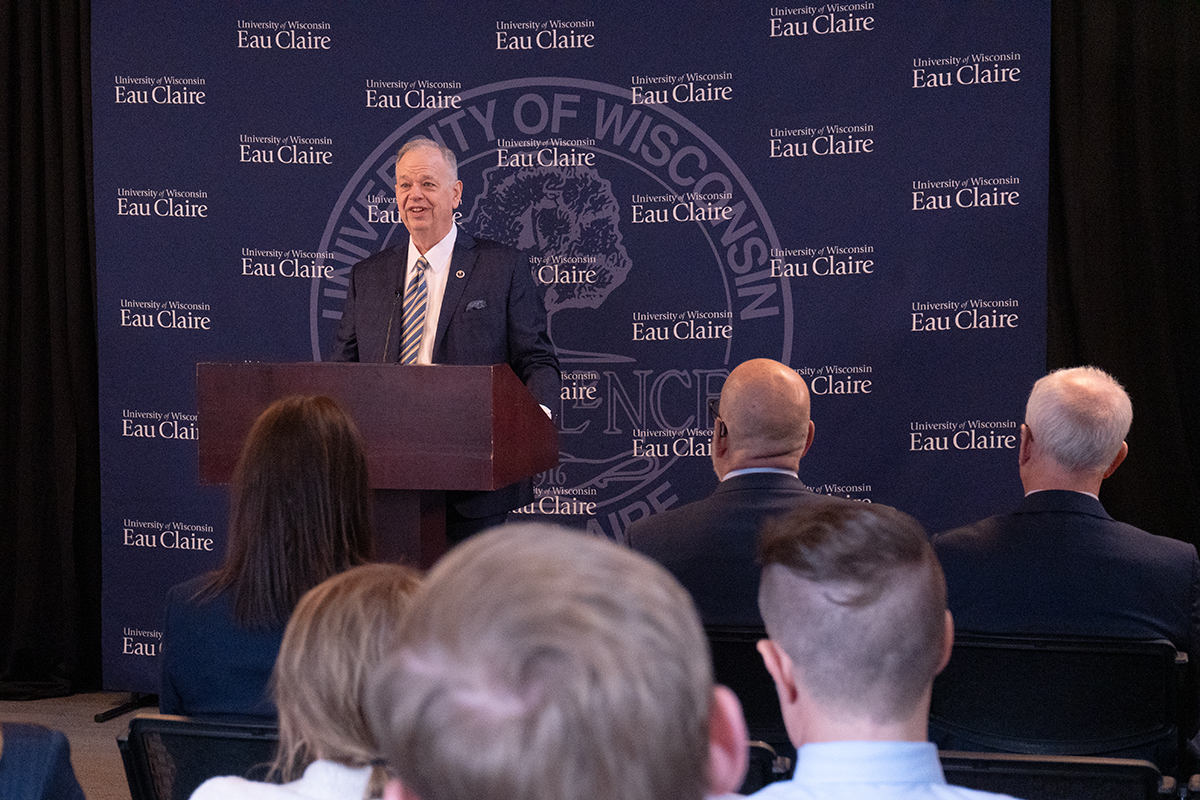On Tuesday the state Senate passed a bill 21-10 allowing the faculty and staff in the UW System to unionize and collectively bargain, if they so choose.
But the state Assembly’s College and Universities Committee will not hear a similar bill, hurting its chances of being passed this session.
Rep. Jeff Smith, D-Eau Claire, co-author of the bill, said UW System collective bargaining is long overdue. He is not optimistic that the bill will get anywhere in the Republican-controlled Assembly.
Smith is disappointed that the chair of the committee, Rep. Stephen Nass, R-Whitewater, refuses to hear the bill.
“In my view this is legislation about fairness – it doesn’t mandate anything or cost anything,” he said. “It simply allows groups to unionize if they choose to.
“This is the only bill related to college and universities that Representative Nass is refusing to hear in this session. He’s let his own personal extreme views related to organizing get in the way of hearing this bill.”
Smith pointed out the “brain drain” universities in the System face, saying that professors leave Wisconsin for better pay in other systems.
Mike Mikalsen, a spokesman for Nass, refuted that fact.
“That is a false problem . We have some of the longest serving faculty in the country,” he said. “People come here and stay here.”
Mikalsen said Nass wouldn’t hear the bill because some professors in the System already have tenure and academic freedom.
“They are already receiving job protection,” he said, adding that tenure and academic freedom would have to be exempt before the committee would hear the bill.
Mikalsen also pointed out that if faculty and academic staff unionize and are rewarded with large compensation packages, students and taxpayers would bear the burden.
“(Smith) is supporting a bill that would lead to significantly higher tuition,” Mikalsen said.
He also noted that while System faculty and staff may not be paid as much as other systems, their benefits are top-notch as a state employee, including a great retirement.
Academic Staff Professional Representation Organization (ASPRO) lobbies for faculty and academic staff in the system. It opposes the bill because it could leave out academic staff from unionizing with a more powerful unit, such as the UW-Madison faculty.
“With limited resources from the state we feel that the faculty will get more of the money and we’ll just get the crumbs if anything is left over,” said Vice President Dennis Shaw, a staff member at UW-Stout.
Shaw agreed that there is a problem with faculty and staff leaving the state and that he isn’t against unionizing. He just wants academic staff and faculty to create one union and work together.
The State version of the bill passed with bipartisan support as three Republican senators voted for it.
Jill Malak, a representative for the American Federation of Teachers-Wisconsin, which represents public employees and lobbies for collective bargaining in the System, said she is happy with how far the bill has gotten. But she is disappointed that Nass won’t hear the bill, but AFT will find a way to get around him.
She attributed the “brain drain” in Wisconsin at least partially to restrictions on collective bargaining.
“(Professors) recognize that collective bargaining rights is one more thing that isn’t being offered as it is in our border states,” she said, adding that the bill will help the System in recruiting new professors.







